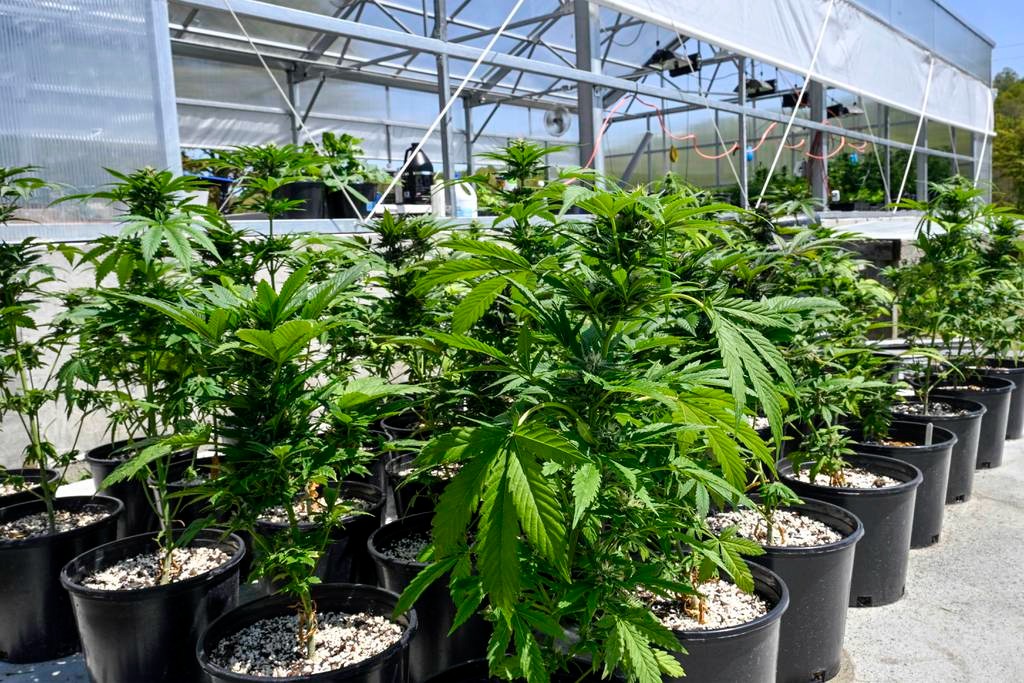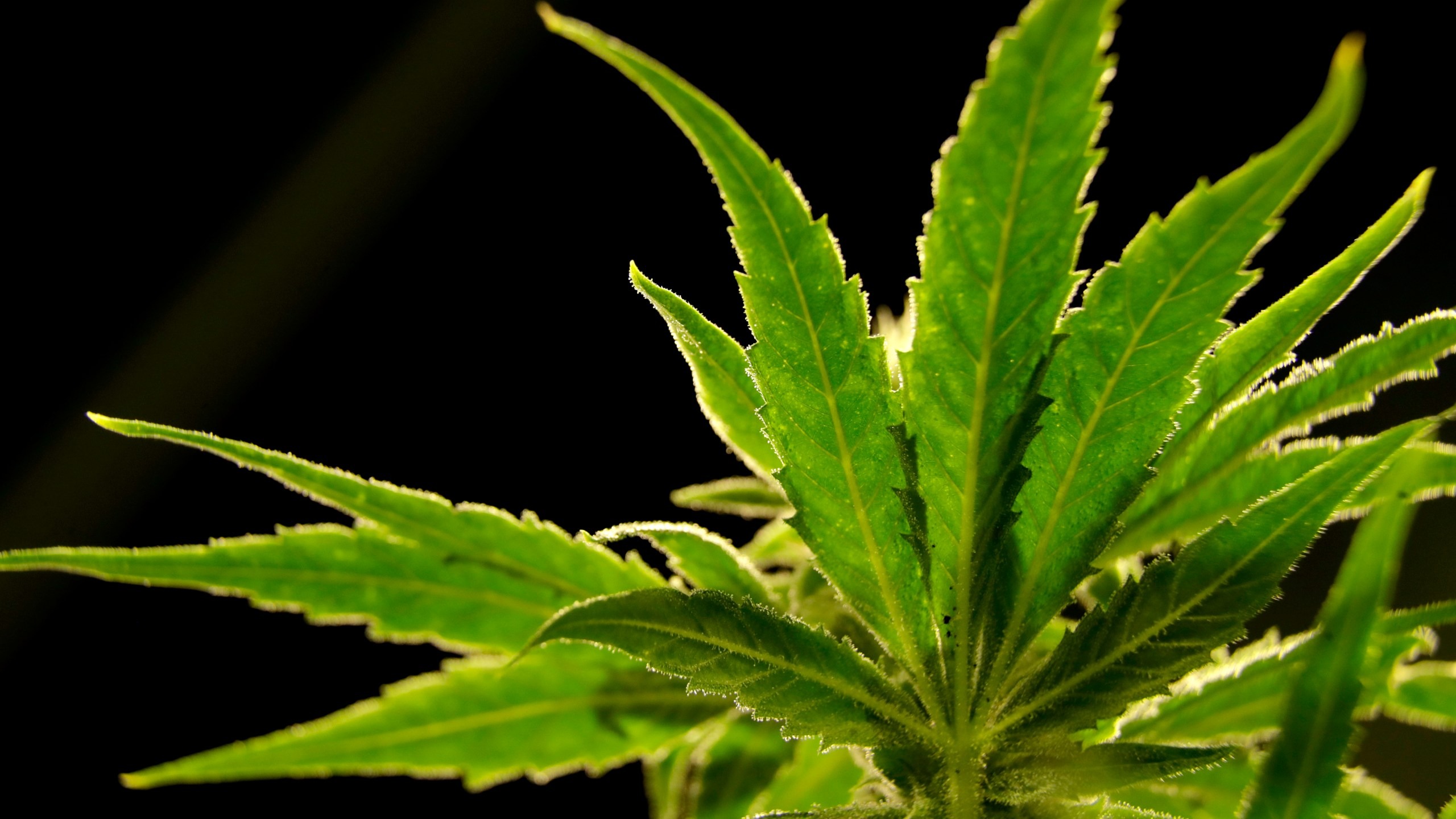The proposed reclassification of marijuana by the U.S. Drug Enforcement Administration (DEA) from a Schedule I to a Schedule III drug could have remarkable implications for the marijuana landscape, particularly in states where cannabis remains illegal or has limited access.
Advocates for marijuana legalization see the potential reclassification as a historic and meaningful change that could sway state policymakers who have been hesitant to support cannabis legalization due to its federal illegality.
While the reclassification itself wouldn’t make marijuana legal, it could ease concerns among lawmakers about the federal legal status of cannabis, potentially paving the way for more state-level legalization efforts.

What marijuana reclassification means for the United States (Credits: Federal Times)
In states where marijuana remains illegal or has limited access, the proposed federal reclassification could provide fresh arguments for supporters of ballot measures seeking to legalize marijuana.
These states include Florida, South Dakota, Nebraska, North Dakota, Idaho, Tennessee, Kansas, South Carolina, Iowa, Texas, and Wyoming. Advocates hope that the reclassification could lead to more informed discussions about cannabis legislation and reduce resistance from lawmakers and the public.
However, not everyone is convinced that the reclassification will make a difference. In states like Idaho, where there is serious opposition to marijuana legalization, fears of legal repercussions may still deter people from supporting cannabis-related initiatives.

Marijuana (Credits: KGET.com)
Even in states where there is some level of access to medical marijuana or low-THC cannabis products, federal reclassification could have implications for regulatory frameworks. For example, in Georgia, a federal reclassification could potentially pave the way for pharmacists to handle marijuana products like other prescription medications.
While the proposed federal reclassification of marijuana may not have an immediate impact, it could have far-reaching implications for the future of cannabis legalization efforts across the United States.























